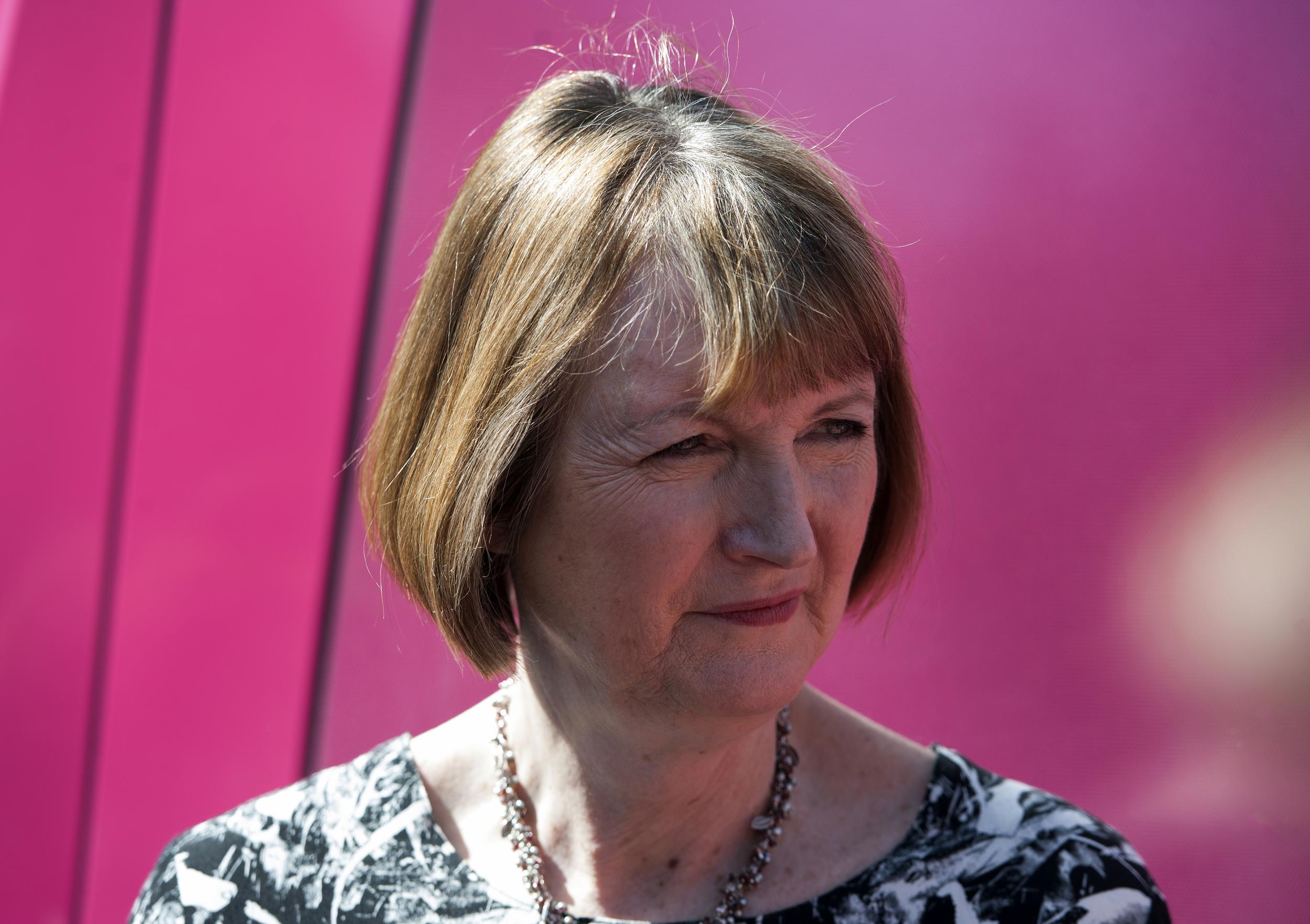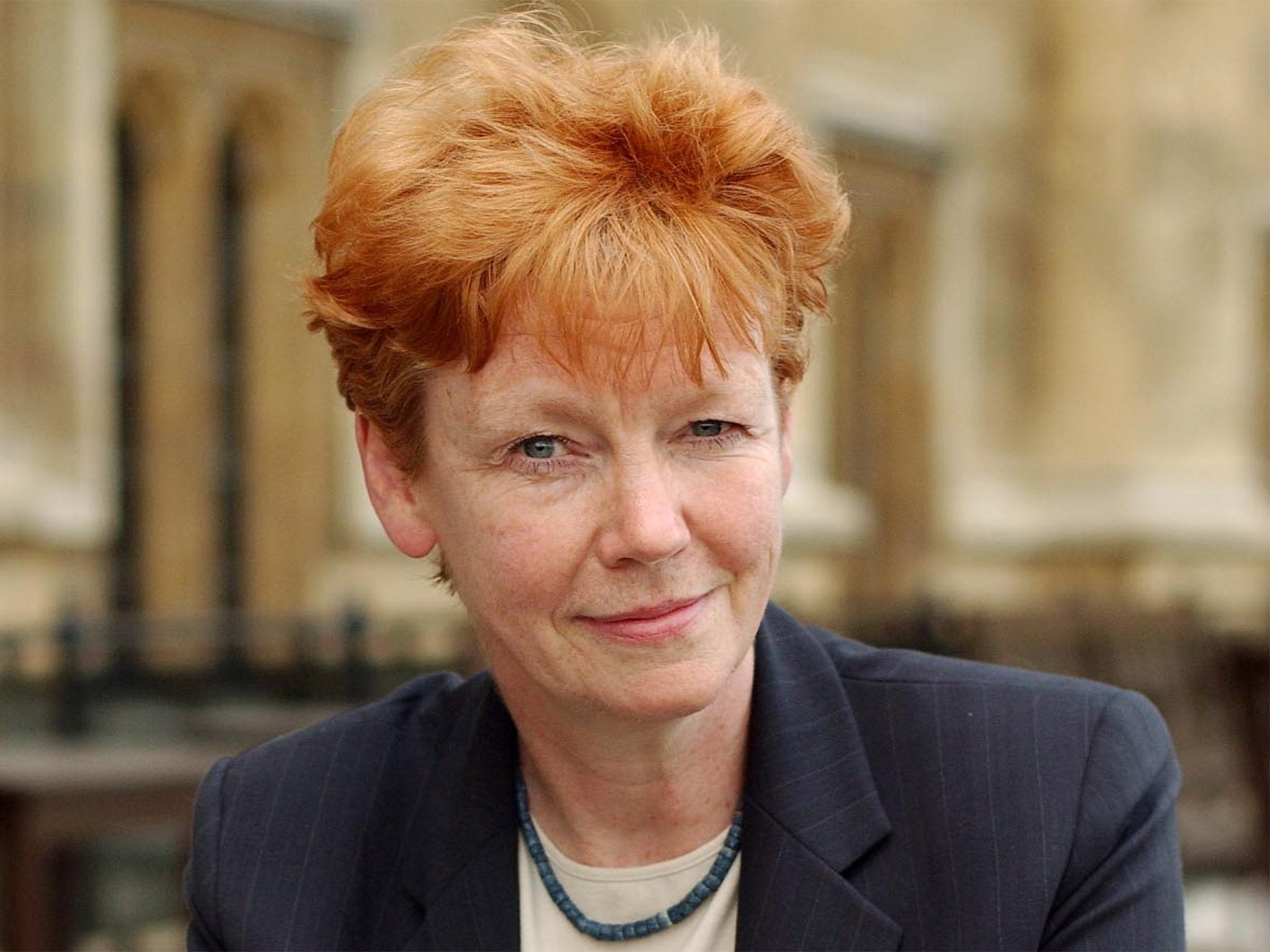MPs launch campaign to stop sexual history being used unfairly against rape complainants in court
Alleged victims questioned about previous partners and use of sex toys under current law, campaigners say

Rape complainants’ sexual history is being unfairly used against them in court, according to MPs and experts campaigning to change the law.
Two former solicitor generals are leading a campaign launched today to insert new protections preventing “prejudicial, irrelevant” evidence being used, citing the Ched Evans as one example.
The footballer was acquitted of rape on the grounds of fresh evidence – which hinged on the woman’s behaviour towards other partners, previous sexual positions and phrases used in bed – during a 2016 rape trial.
Dame Vera Baird QC, the Northumbria Police and Crime Commissioner and former Solicitor General, said a law introduced in 1999 had failed to “protect women from being unfairly judged on their sexual history”.
“We cannot allow rape trials to be inquisitions into the complainant’s sex life,” she said.
“The fear of a complainant being confronted with evidence relating to sex with other men is, and has always been, a huge deterrent to reporting rape.”

Labour MP Harriet Harman QC, also a former Solicitor General, said the situation was “not what women should have to put up with it’s not what Parliament intended”.
She added: “It’s not a fair trial if prejudicial, irrelevant evidence is allowed in. The Government cannot go on ignoring the evidence of the scale and nature of the problem.
“We need a change in the law to ensure that trials are fair and that complainants do not face the ordeal of their sexual history being dragged through the courts.”
The campaign comes after the Crown Prosecution Service (CPS) announced a review of all live sexual offence cases in the wake of a string of rape trials being destroyed by failures to find and disclose key evidence.
Women’s sexual history was brought up in more than a third of rape trials surveyed in Newcastle Crown Court, with the proper processes not followed in two-thirds of instances.
Elsewhere, a defence barrister aimed to prove a complainant was an “adulteress” and in another case a woman was asked by the defence whether she had previously had anal sex as part of efforts “to give the impression they would consent to a wide range of sexual experiences, to influence the jury into thinking the survivor had in fact consented and that it wasn’t rape”, campaigners said.

Defence barristers have also used evidence that complainants use sex toys, had several sexual partners and extramarital affairs to undermine their credibility.
The current law for sexual offence cases lets defence lawyers make applications to reveal evidence over complainants’ sexual behaviour or cross-examine them on the subject.
But campaigners say the law is not always being followed, with barristers being allowed to use banned evidence without getting permission from a judge.
The Fawcett Society Sex Discrimination Law Review, published last week, concluded that current rules are “often ignored” and called for complainants to have a right to legal representation in order to fight applications.
The Government reviewed Section 41 of the Youth Justice and Criminal Evidence Act 1999 last year, finding that there is no questioning on sexual history in 92 per cent of cases and so the law does not need amending.
But Ms Harman and Dame Vera argued the research was flawed and the law’s use was not properly recorded.
They are now calling for Section 41 to be strengthened with clauses increasing protections forcing judges to balance applications against the risks of prejudice, “discriminatory belief or bias” and turning juries “hostile”.
The proposals, supported by eight charities and 17 MPs, would also require full data to be collected on the section’s use and change legal processes and training.
They would be brought in using the landmark Domestic Violence and Abuse Bill, which is currently being considered by Parliament.
A wide-ranging coalition of MPs, peers and groups, including Rape Crisis and Victim Support, were due to meet in Parliament for the first time on Monday to launch the campaign.
“We know the Government’s review does not reflect the situation in court rooms across the country and call on them to use the opportunity of the Domestic Violence and Abuse Bill to protect complainants and ensure they are treated fairly in the courtroom,” Dame Vera said.
The campaign comes as the CPS reviews all live rape and sexual offences cases amid fears over potential miscarriages of justice caused by disclosure failings.
The Attorney General Jeremy Wright said lack of resources was a factor in blunders that have caused a string of cases to collapse as crucial evidence including photos, text messages and social media emerged at the last minute.
The cases, which started to be reported in December, have rocked confidence in the criminal justice system and responsibility of police and prosecutors to hand over relevant material.
Critics argue that calls for higher conviction rates in rape cases have resulted in investigators selecting only evidence that supports the prosecution, but the head of the CPS has denied the claims.
Others have demanded the Government increases funding for police forces to ensure they have the time and resources to sift through phone downloads that can include tens of thousands of messages.
The CPS, National Police Chiefs’ Council (NPCC) and College of Policing have published a disclosure “improvement plan” that suggests licencing responsible officers as separate views by the Metropolitan Police and Surrey Police continue.
Bookmark popover
Removed from bookmarks